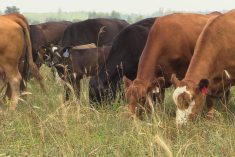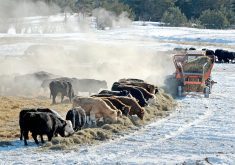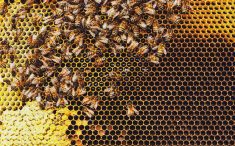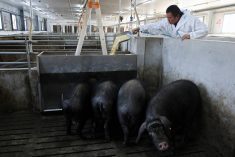The federal government’s plan to expand its income tax deferral provisions on breeding livestock to cover bees and horses has entered a month-long public comment period.
Then-finance minister Jim Flaherty proposed in February to expand the tax deferral provision as part of his final “Economic Action Plan” budget before his death in April. [Related story]
The plan was included Friday in a batch of draft legislative proposals entering their public consultation period, running from now until Sept. 28.
Read Also
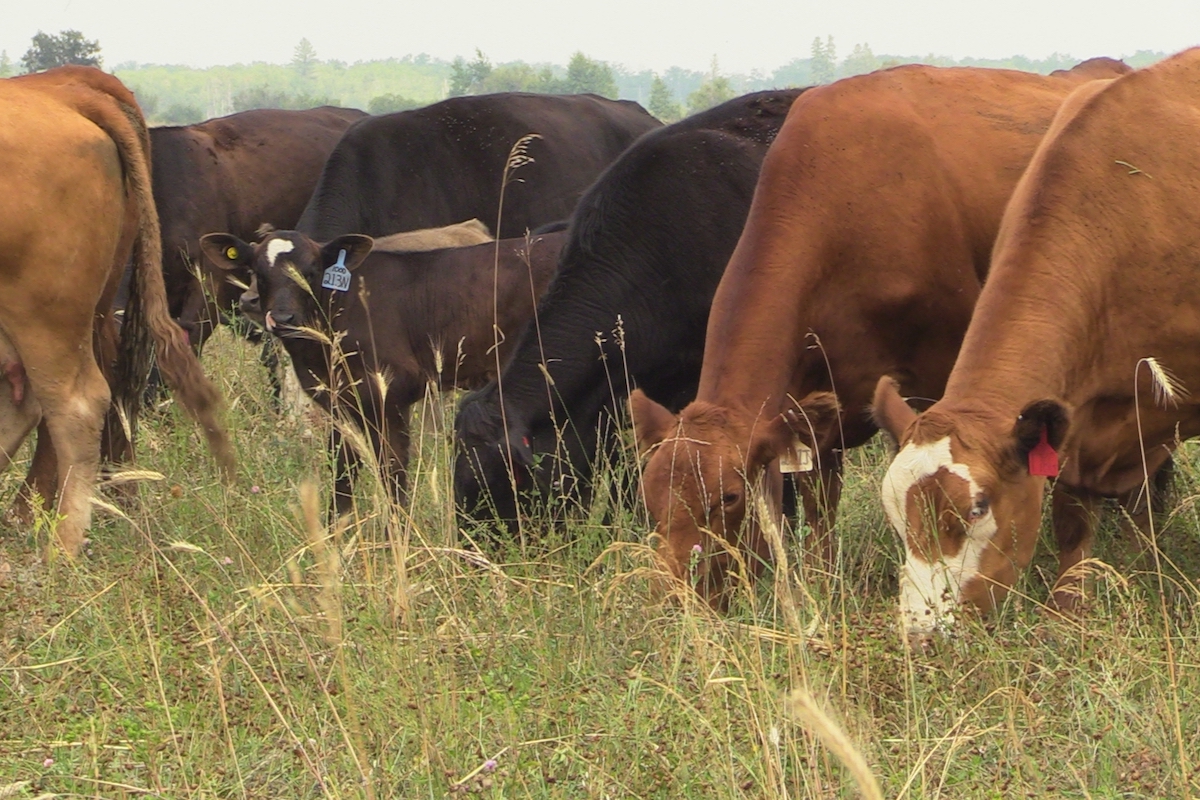
Beef industry weighs in on AAFC research cuts
The Canadian Cattle Association and Beef Cattle Research Council said cuts to federal research centres and programs will have long-term debilitating consequences for the beef industry.
The deferral provision today allows eligible farmers to defer up to 90 per cent of the income earned when they sell off breeding livestock due to drought, floods or excess moisture conditions in federally-designated dry or waterlogged municipalities or regions.
The deferral rule so far defines “breeding stock” as cattle, goats and sheep over 12 months of age and kept for breeding, as well as horses over 12 months old and kept for breeding in the commercial production of pregnant mares’ urine (PMU).
Flaherty proposed in February that, starting in the 2014 tax year, the rule would extend to bees, and to all types of horses over 12 months old, that are kept for breeding.
The tax deferral is meant to allow farmers to use the sale proceeds to replenish breeding stock, and is focused on breeding stock “because its sale is akin to disposing of long-term productive assets.”
Allowing a slightly larger group of farmers to defer a portion of such sale revenue from their taxable income until the following year (or the first year in which a region is no longer designated) is expected to cost only “a small amount” of federal revenue in coming tax years, the government said in February.
Farming/fishing
Also included in the draft proposals put up for comment Friday is Flaherty’s plan to extend the “intergenerational rollover” and lifetime capital gains exemption (LCGE) for farming and fishing businesses.
Meant to accommodate farmers who carry on farming and fishing operations “in a combination,” the proposal in February was aimed at simplifying the rules dealing with an individual’s $800,000 LCGE, and with rollovers of capital gains in intergenerational transfers from a parent to child.
For those purposes, the government proposed to “generally” treat a taxpayer’s combined farming and fishing business as it would treat separate farming and fishing businesses operated by the same taxpayer.
The new rule, also starting in the 2014 tax year, would extend eligibility for the intergenerational rollover and the LCGE to an individual’s shares in a corporation or interest in a partnership, where the corporation or partnership carries on both a farming business and a fishing business.
The move, the government said in February, would “ensure consistent treatment for taxpayers who conduct farming and fishing activities in different legal forms.”
Comments can be directed by email to [email protected] or by regular mail to Tax Policy Branch, Department of Finance, 90 Elgin St., Ottawa, Ont., K1A 0G5. — AGCanada.com Network



